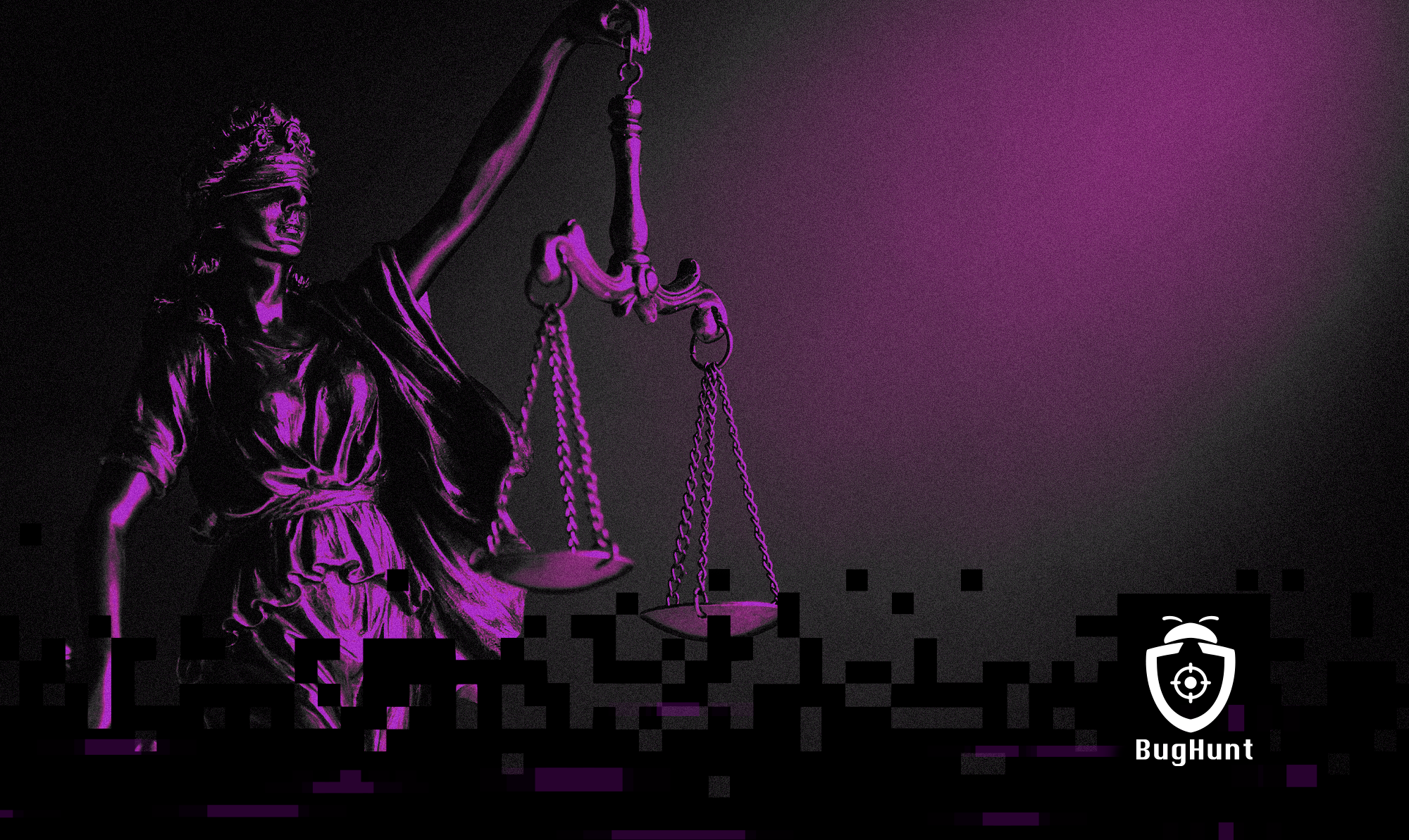Digital Law: What Are the Laws Governing the Internet in Brazil and Worldwide?

It is no longer news that human relationships, particularly communication between people, are increasingly governed by the use of the internet and technology. This is where digital law comes into play.
With the growing use of the internet, there has also come a need to regulate actions within this environment, especially with the rise of cybercrimes such as data theft, child pornography, hate speech, and other serious issues.
According to a survey conducted by Apura, an information security company, the number of attempts to steal banking data in Brazil grew by 141% in 2021 compared to the previous year. The research indicates that the financial sector is the primary target of cyberattacks in the country.
Regulating internet use has become a necessary process. After all, with more technology, despite the various benefits, more vulnerabilities are created for malicious users.
Thus, for digital advancements to work in favor of people rather than against them, digital law has become a crucial area of legal regulation in the technological realm.
What is Digital Law?
But what exactly are the areas of Digital Law?
Digital Law is a branch of law that works alongside the field of Computer Science, aiming to regulate the use of digital spaces.
As a relatively new sector within the legal field, it is still formulating a set of norms, rules, and applications for this technological universe.
These rules protect individuals and companies that may suffer or have already suffered from cyberattacks, as well as seek to properly punish malicious users who commit crimes within the digital environment.
While these regulations are being devised and adapted according to technological advancements and societal realities, professionals working in Digital Law strive to apply and oversee the internet to ensure compliance with existing laws.
Existing Internet Laws
As Digital Law evolves with technological advancements, it remains a relatively new field, and there are few laws currently applied in Brazil and worldwide. Here are some of them:
Internet Civil Framework (Brazil - 2014)
The Internet Civil Framework, established by Law No. 12,965/14, was a significant step for regulating the use of platforms and websites in the country. It was crucial in setting guidelines for how the state could operate within networks.
The law seeks to defend privacy, freedom of expression, and neutrality within the digital environment, as well as set standards for how the internet should be used in Brazil.
It outlines the rights and duties of all users within the digital universe and ensures that Brazilian laws are followed in this space.
Carolina Dieckmann Law (Brazil - 2012)
Law No. 12,737/12, also known as the Carolina Dieckmann Law, was considered one of the pioneers in regulating internet use in Brazil.
Its name came about after actress Carolina Dieckmann had intimate photos and conversations published online after taking her phone in for repair.
This law categorized crimes and computer offenses in the Brazilian Penal Code, such as document forgery, credit and debit card fraud, electronic device invasion, data theft, and digital service disruption.
General Data Protection Law - LGPD (Brazil - 2018)
Currently, Law No. 13,709/18 is one of the most relevant laws concerning internet use in Brazil. The LGPD, as the name suggests, aims to protect individuals' fundamental rights regarding personal data.
The law applies to data processed in Brazil but also covers any personal information collected in the country, regardless of where it will be processed.
Companies must adapt to this new regulation or risk facing substantial fines. Want to know if your company is following LGPD rules? We provide a detailed explanation of the regulation on our blog. Read here!
Digital Services Act (European Union - 2022)
The Digital Services Act was certainly a historic milestone in internet regulation. It aims to ensure greater fairness in the digital market, ending the dominance of large tech companies.
According to parliamentarians and government leaders from various European countries, this is one of the most important regulatory acts for the European Union's economy. The Digital Services Act came into effect in the first half of 2023.
Strategies for Ensuring Your Company Complies with Digital Law
A common question in this changing regulatory landscape is how your company can adapt.
Especially with the LGPD, which aims to protect users and establishes various rules that Brazilian businesses must follow.
Among the most interesting strategies is investing in cybersecurity and data protection for both the company and its clients. In this context, the Bug Bounty method comes into play.
Bug Bounty programs ensure that your system is continually analyzed by information security experts who look for possible flaws and vulnerabilities in platforms, websites, and networks. With ongoing oversight, the Bug Bounty program identifies errors to be corrected, preventing criminals from exploiting vulnerabilities to steal data.
As a trend in the digital world, this strategy operates on the principle of anticipation. That is, you protect your company's systems before a cyberattack occurs! BugHunt, the first Bug Bounty platform in Brazil, wants to help your company comply with Digital Law! Contact us!

